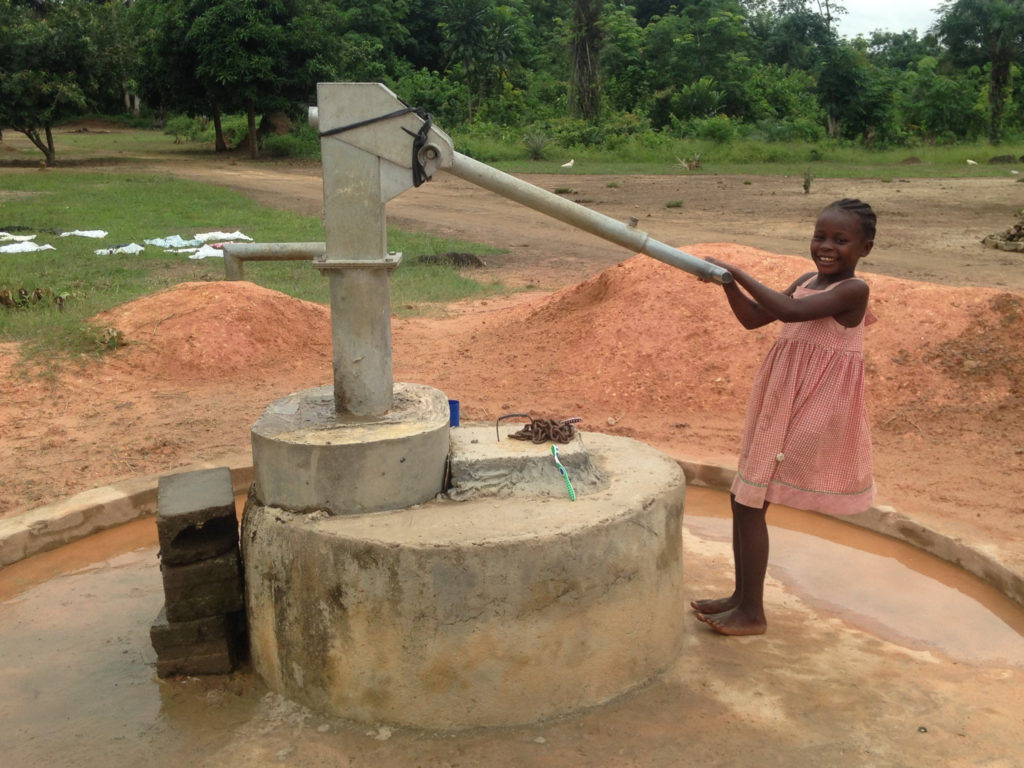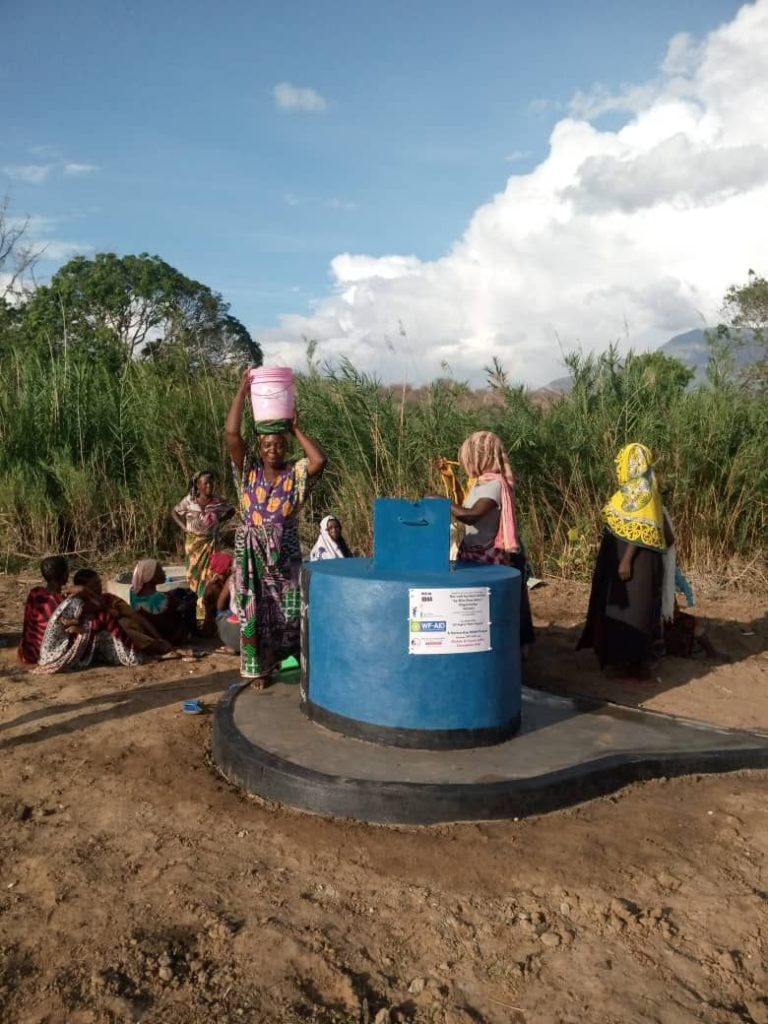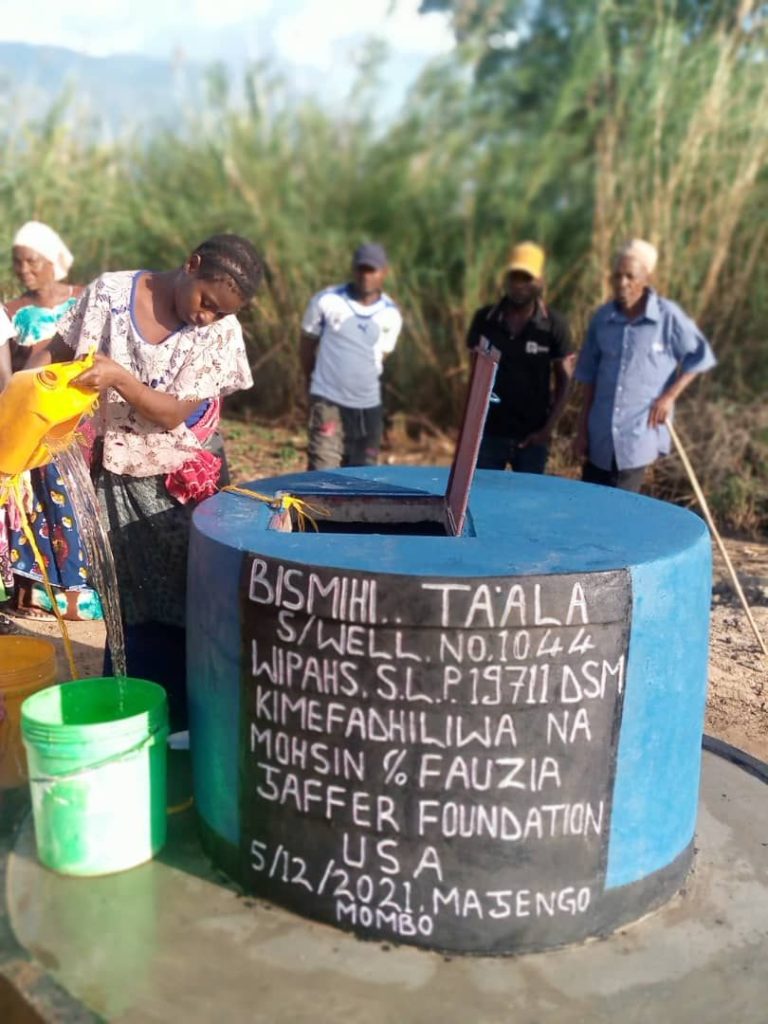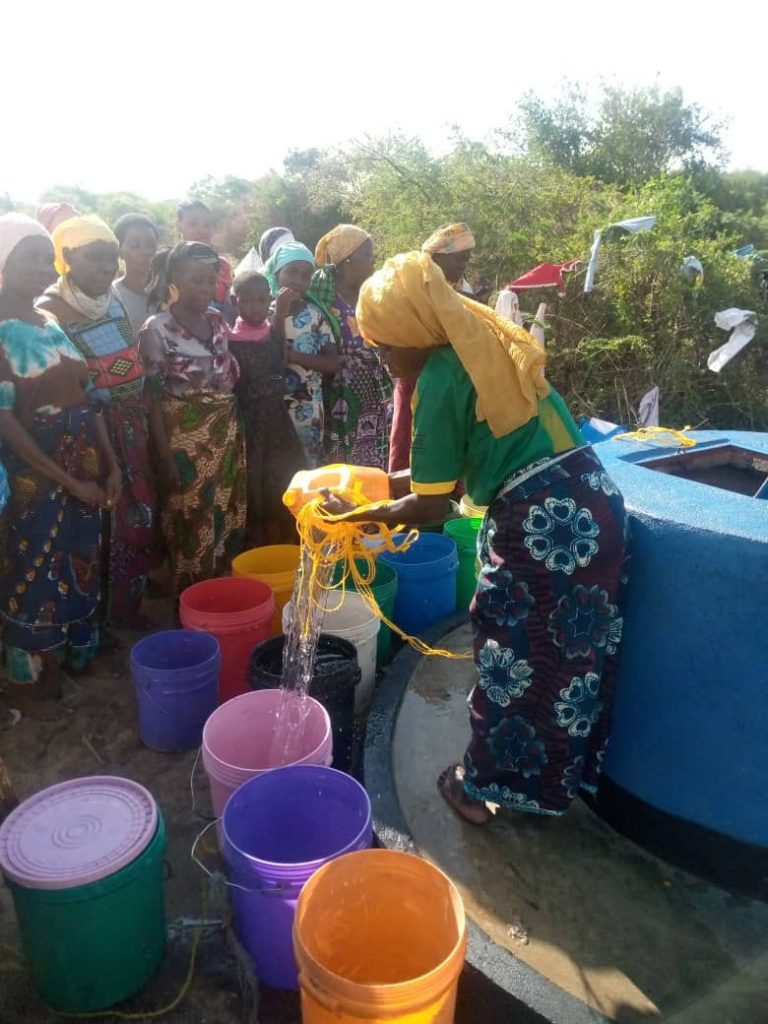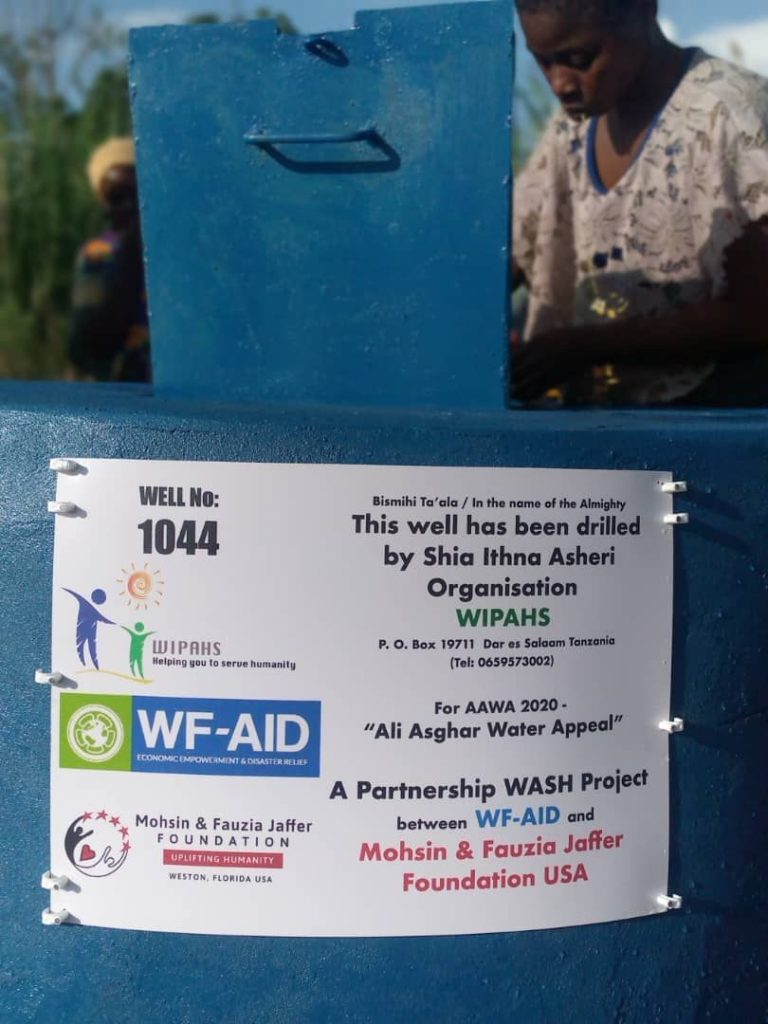WASH (Water, Sanitation & Hygiene) Project Proposals in Pakistan, Tanzania and Uganda
Pakistan
Portable drinking water and basic sanitation are of primary importance for human survival and well-being. People not only need water for survival, but access to safe, clean drinking water to lead a healthy lifestyle and for sanitation purposes. According to recent estimates, about 15% of the world population (1 billion people) do not have access to safe drinking water, and 35% (2.4 billion people) do not have access to adequate sanitation. These people are primarily concentrated in developing countries.
Beneficiaries
Direct beneficiaries: (including target groups within the schools benefiting at the output level of the project)
- Girls: 1,000. Women: 25
- Boys, 1,000. Men: 25
- Total: 2,050
Indirect beneficiaries: (benefiting at the outcome level of the project, i.e. those within the catchment area and household members).
- Girls: 2,822. Women: 3,057. Total: 5,879
- Boys: 2,937. Men: 3,182. Total: 6,119
- Total: ~12,000
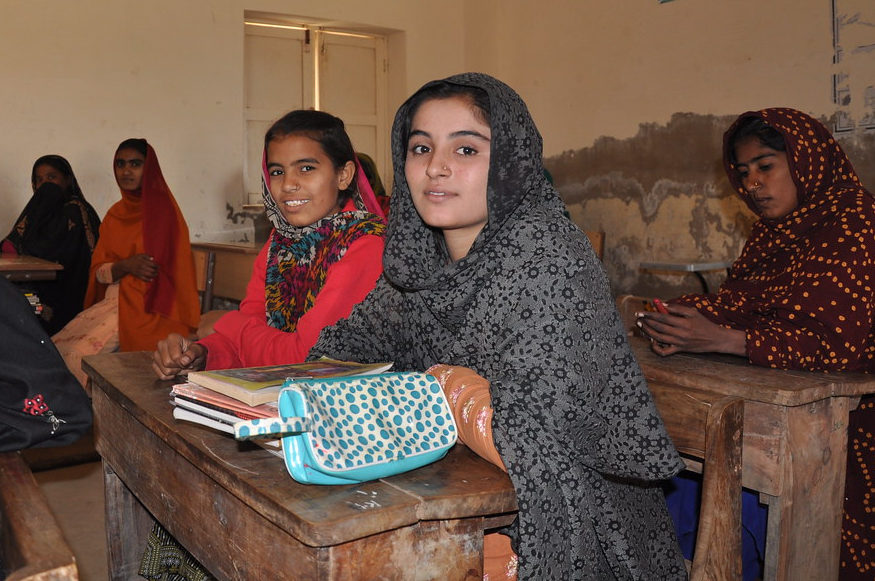
Tanzania
Remote villages across Tanzania suffer from a severe shortage of clean water, where numerous requests are sent to our ground partner from various schools, churches, mosques, hospitals, community centres, tribal and village nobles on a frequent basis. Conditions are often miserable, with people drinking water from local dirty ponds. The ground team has conducted an inspection in various areas, with there being a need for the installation of traditional hand pumps in some areas and sludge pumps in others. This will empower the local communities to lead a better lifestyle by providing clean drinking water facilities to individuals, enabling them to mobilise their resources and capacity.
Under Construction
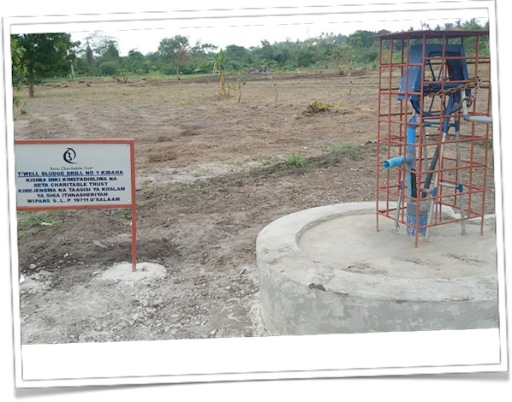
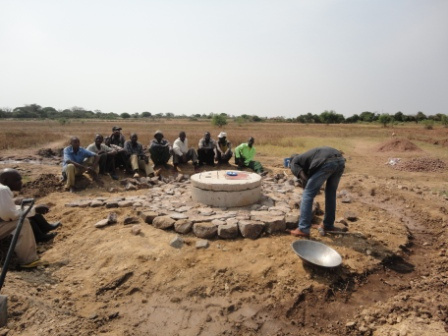
Completed Well
Uganda
Upon receiving many appeals from would-be beneficiaries, our ground agency in Uganda dispatched its field officers to nearly forty villages in the three districts of Kibuku, Bukedea and Pallisa districts to carry out a needs assessment of the situation. The findings showed that access to clean safe water in certain villages within the aforementioned districts is extremely difficult, primarily due to the lack of infrastructure. Lack of access to safe and adequate water in the area has forced the population to fetch water from unprotected wells, streams and ponds. It is also noted that the existing gender roles in the villages reflects that water fetching is the responsibility of women and girls, where it is revealed that women spend long periods searching for water; the average time spent is estimated to be a total of 4-5 hours per trip, where it is not uncommon to have 2-3 trips in a day. It was also noted that the areas from which women collect water from are not safe and poses safety risks, particularly to girls.
